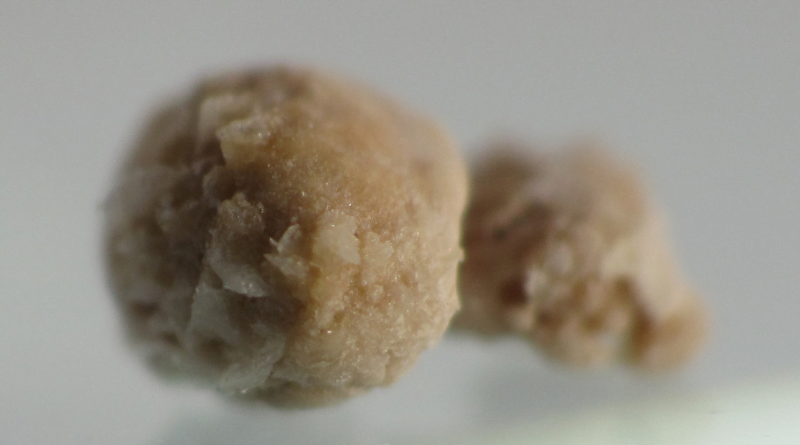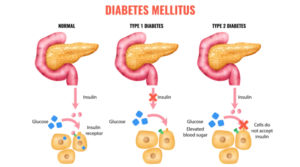
Renal calculi, often colloquially referred to as kidney stones, are solid concretions that originate within the recesses of the kidneys. These formations can manifest in dimensions as modest as a grain of sand or burgeon into spheres as massive as a golf ball. The experience of kidney stones is a tormenting ordeal for many, as these crystalline structures have the potential to impede the natural flow of urine, precipitating dire health consequences.
Origins of Renal Calculi
The etiology of kidney stones is a multifaceted puzzle, revealing a complex interplay of factors. Some of the most prominent culprits encompass:
Dehydration: Inadequate fluid intake concentrates urine, creating an environment conducive to mineral precipitation and calculi formation.
Dietary Factors: Specific foods and beverages heighten one’s vulnerability to kidney stone formation. For instance, consumables rich in oxalate, a naturally occurring compound found in various plant-based sources, can elevate the likelihood of developing calcium oxalate stones. Furthermore, diets characterized by elevated protein content, excessive sodium intake, and copious consumption of sugary beverages contribute to an increased risk of renal calculi formation.
Underlying Medical Conditions: Certain medical conditions, such as hyperparathyroidism, gastrointestinal maladies like Crohn’s disease and ulcerative colitis, metabolic conditions like gout, and the rare genetic disorder cystinuria, are also implicated in renal calculi formation.
Familial Legacy: A notable determinant of one’s susceptibility to kidney stones is their familial heritage.
Manifestations of Renal Calculi
The cardinal symptom of kidney stones is excruciating discomfort, varying from acute, piercing sensations to more subdued, lingering pain. The distress localizes in regions such as the lumbar, flank, or abdominal areas and may radiate to encompass the groin and genital regions. Additional symptoms associated with kidney stones include hematuria (blood in urine), painful micturition (urination), nausea, emesis (vomiting), fever, and chills.
Interventions for Renal Calculi
The approach to managing kidney stones hinges on the dimensions and location of the calculi. Smaller stones can often be passed spontaneously with the aid of analgesics and increased fluid intake. Larger concretions may necessitate surgical extraction or other interventional procedures.
Mitigating Renal Calculi Formation
Preventive measures to mitigate kidney stone formation include maintaining adequate hydration through abundant water consumption, adopting a diet low in sodium and rich in dietary fiber, minimizing the intake of oxalate-rich foods, maintaining an ideal body weight, incorporating regular physical activity, and consulting a medical professional for those with a familial history of renal calculi.
A Tale of Resilience
Let us consider the narrative of Sarah, a 45-year-old woman hitherto blessed with robust health. One fateful day, Sarah was besieged by intense, debilitating affliction coursing through her lumbar and flank regions. Her mobility was profoundly impaired by the relentless agony that beset her. A visit to the emergency department culminated in the diagnosis of a kidney stone.
Sarah’s ordeal continued with her admission to the hospital, where her pain was effectively managed through intravenous fluids and analgesic agents. A computed tomography scan was performed to ascertain the dimensions and location of the renal calculus.
In her case, the calculus was substantial, rendering natural passage untenable. Consequently, surgical intervention was the prescribed course of action. The surgical procedure was executed with precision, and Sarah was discharged a few days later.
Post-surgery, Sarah undertook a proactive approach to avert the recurrence of kidney stones. She diligently augmented her water consumption and curtailed her sodium intake. Moreover, she exhibited restraint in her consumption of oxalate-rich victuals.
Sarah’s journey has been characterized by an absence of further kidney stone episodes, a testament to her vigilance and the dedicated healthcare professionals who guided her through this challenging experience.
In conclusion, renal calculi present a formidable challenge, but through vigilance and proactive measures, one can endeavor to forestall their occurrence and navigate them successfully. For inquiries regarding kidney stones, it is advisable to engage in dialogue with a healthcare provider.



